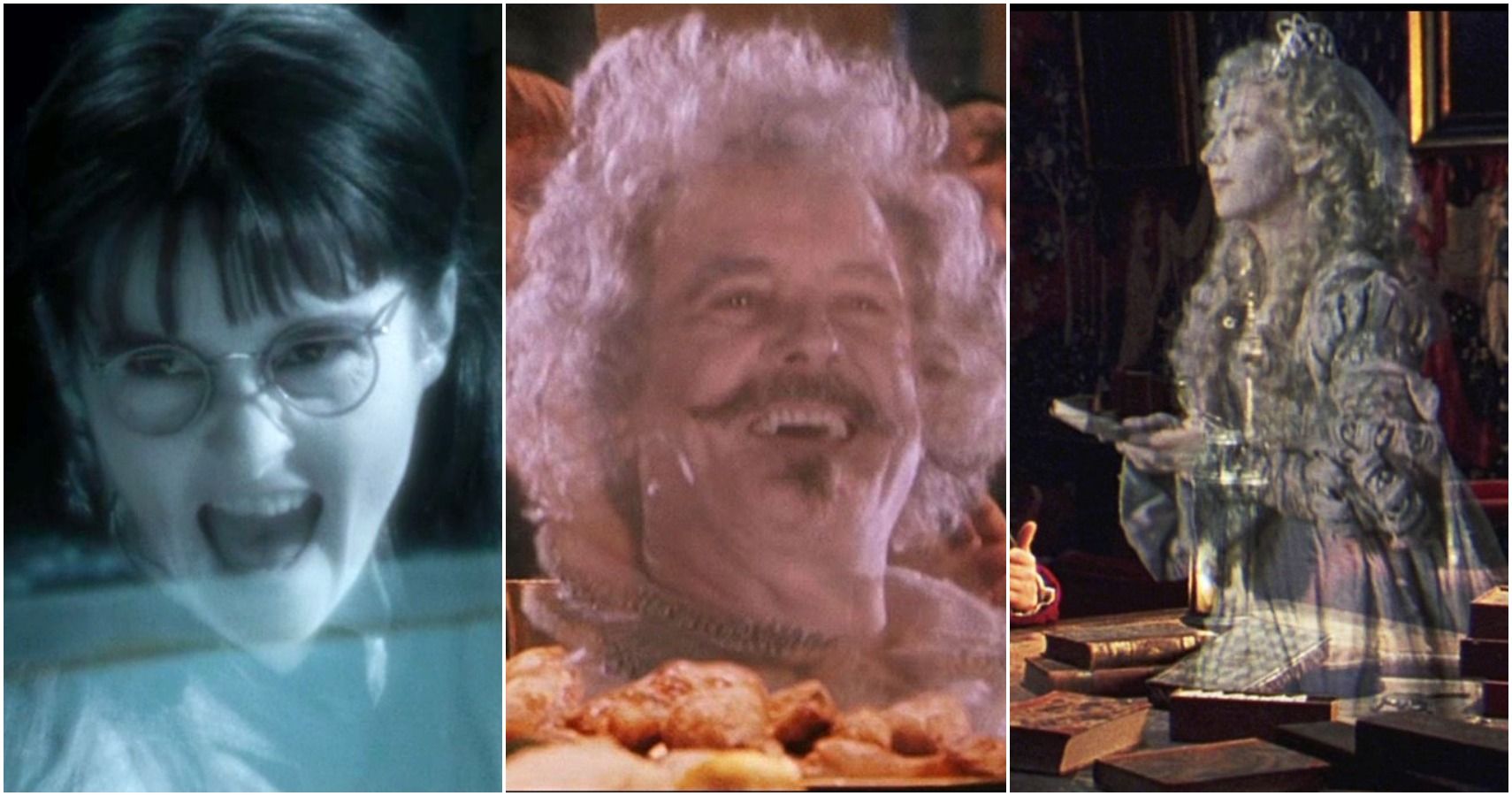The power of death over even the most magical and powerful creatures become the most evident in Rowling’s Harry Potter Series, it is one of the few themes present throughout the whole collection of books and is impossible to go unnoticed by any reader. In the world of Harry Potter, our villain, Voldemort, seeks power through immortality and will do anything in his hands to beat death. At the end of the day, I’m sure most of us would also see some benefits of living forever, after all, the unknown aspect of death haunts any living soul. However, death is not just another theme we find in the Wizarding world, in fact, it is the gateway into another aspect of this book. By analyzing The Prisoner of Azkaban and the Goblet of Fire, different aspects will show how the afterlife and death are very clever components through which J.K Rowling has “snuck” Christianity into her famous work.

Voldemort’s character raises the moral question of the value and implications of death on the still living. Throughout the series we learn about his repulse toward death which led him to extreme lengths, slowly becoming a slave to his own fear and allowing cruelty to be the means through which he believes it is possible to achieve immortality. As readers, we can obviously see how this obsession became his ruin, and therefore how important it is to unpack the message in this character. Is Voldemort more fearful of losing control over his body or his soul, is it all about dreading lack of power or control? In chapter thirty-two of The Goblet of Fire, Harry is in a graveyard when his first encounter with Voldemort occurs. A tall, thin man appears, and we are told that Voldemort’s first reaction is to examine his new body, I would say that with a sense of pride. In the New Testament, we find the following verses:
2 Corinthians 4:17-18
For our light and momentary troubles are achieving for us an eternal glory that far outweighs them all. So, we fix our eyes not on what is seen, but on what is unseen, since what is seen is temporary, but what is unseen is eternal.
The author utilizes Voldemort as the exact opposite of what we learn in scripture, which is a few words I would describe as the idea of “soul over body”. We have a character focused on the earthly pleasures that come with power and who ends up losing the essence of Christian teachings, living morally now yet fixing our eyes on what comes after life as we know it.
Focusing also on the afterlife, I would like to argue that the use of spirit or deceased characters adds an interesting element to the religiosity of Rowling’s work. From the very first book, Harry Potter and the Philosopher’s Stone, we are introduced to characters that are described as spirits of a once-living wizard or witch, one of the most iconic ones are Nearly Headless Nick and Moaning Myrtle. Although they might seem like very minor characters, there are various instances in which deceased characters influence Harry’s future. They are somehow not gone from this world, and they can still make marks on the lives of others. In chapter thirty-four of Goblet of Fire, there is one remarkable scene where Harry can see Cedric, an elderly Muggle), Bertha Jorkins, and his parents at the point of Voldemort’s wand. The “spirits” all tell him to hold on. When he eventually lets go, his mother softly assures him that they will stay for long enough for him to touch the portkey and enter Hogwarts. This passage of the book reminds me of the book of Samuel in the Old Testament:
1 Samuel 28:13-15 “And the woman said to Saul, “I see a divine being coming up out of the earth.” He said to her, “What is his form?” And she said, “An old man is coming up, and he is wrapped with a robe.” And Saul knew that it was Samuel, and he bowed with his face to the ground and did homage. Then Samuel said to Saul, “Why have you disturbed me by bringing me up?” And Saul answered, “I am greatly distressed; for the Philistines are waging war against me, and God has departed from me and no longer answers me, either through prophets or by dreams; therefore, I have called you, that you may make known to me what I should do.”
Although Samuel is not deceased in this context, the relevant conclusion is that Rowling makes sure to communicate the belief that the spirit exists independently of the body.

Although death and the afterlife are not the only places where we can find Christian references in the Harry Potter universe, they are very complex and interesting concepts implemented by Rowling. Especially thinking of the age of her target audience, which most certainly has not mastered their knowledge of these life mysteries. (has anyone really?) Maybe, then, the simplification of these complex ideas is the perfect way to influence her readers to begin this reflection: to choose to live life to the fullest and not let the fear of death paralyze them, as it has for Voldemort. To have hope for a life after this world, understanding that our spirit is indeed not bound to our earthly bodies.